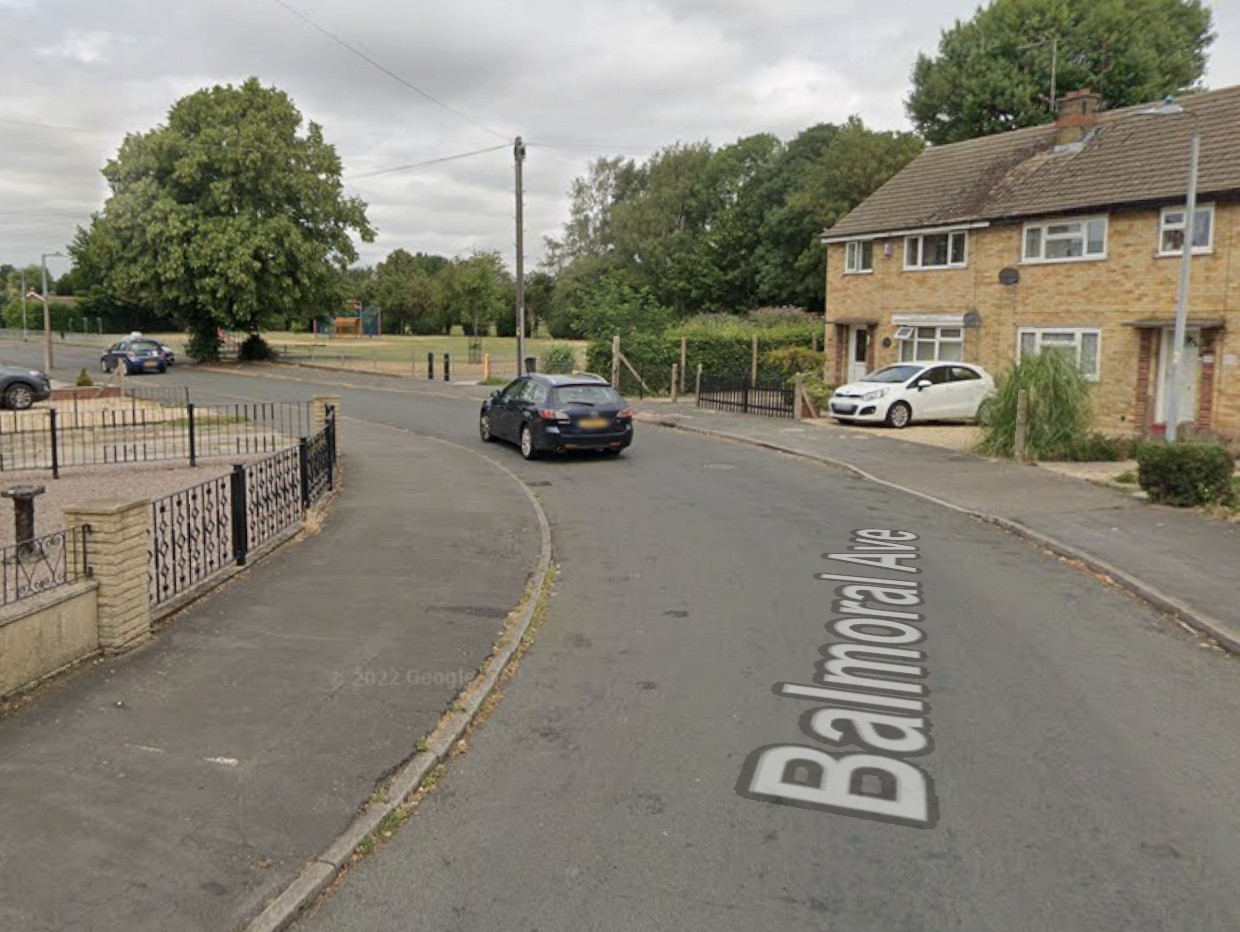Europe is now experiencing a mass migration of people escaping from levels of extreme poverty, persecution and endemic war in their homelands.
I too share some of Craig Jackson’s concerns about how to control the influx of migrants and how to maintain community cohesion among our citizens. Simply saying we will enforce Border Controls will not in itself diminish the numbers of migrants whose preferred county of destination will remain the UK.
The UK and Ireland secured an opt from that part of the Schengen Agreements in 1995 which sought to regulate the influx of non-EU migrants because as islands their existing arrangements for controlling non-EU migrants were sufficient and effective and did not constitute a rejection of the free movement of EU citizens to live and work in any EU member state. This opt out remained when the Schengen Agreements was embodied in the EU law Treaty of Amsterdam 1977.
The UK never surrendered its right to control non-EU migration. The UK Border Agency was never fit for purpose. Almost every year since 1977 the influx registered non-EU migrants into the UK has exceeded the influx from the EU. There is no reliable record of the number of illegal migrants in the UK.
Distinguishing economic migrants from genuine refugees is difficult.
The criteria for refugee status are enshrined in the UN Charter and Universal Human Rights Laws, which the UK supports. Clarifying the status of individuals and families as genuine refugees or economic migrants takes time.
Under Schengen the country which migrants first enter must register and determine the status of each migrant, providing secure accommodation until a migrant’s status has been determined (Dublin Convention). Once initial refugee status is granted refugees are issued temporary Identity Documents, allocated accommodation and a living allowance if the refugee has no financial resources or an already-resident sponsor.
Until refugee status is finally confirmed, refugees cannot legally work. The refugee is obliged to report to a police station or benefit payment office and report any change of residence to the authorities until a permanent Identity Card is issued. The associated costs of determining the status of non-EU migrants fall on the initial state of entry.
Schengen made no provision for extra funding for states with an external EU frontier.
Internal border control between member states were relaxed and eventually abandoned. Refugees with a valid Identity Card could take advantage of the freedom of movement for EU residents to live and work anywhere in the EU. Those classified as economic migrates were to be returned to their homeland. The outcome was predicable, economic migrants destroy any documentation before arrival and a thriving industry in forged entry visa and permits was quickly established.
In the UK fraudulent students visas were readily available for fraudulent colleges and once in the UK our Border Agency failed to keep track of migrant students. Self supporting or sponsored migrants can easily secure a valid UK National Insurance Number: permission to stay.
There are many more fraudulent National Insurance numbers in existence than there are economically active UK residents. Access to a welfare benefit system and ‘in work’ benefits on demand without demonstrable verification was the norm until the Coalition Government began to tighten validating criteria.
Identity Cards were rejected by UK voters. Any obligation to regularly report to and be monitored by the police was and probably still is politically toxic. Sham marriages, parenthood, feigned homosexuality are just some of the ploys used by illegal migrants to evade repatriation. A much larger, better qualified Border Agency ‘police force’ needs to be in place if the UK is to regain control over its borders. We don’t need permission from the EU to do this.
Tightened controls over access to all benefits particularly in work benefits for all UK citizens, in effect a reaffirmation of the system of a record of prior contributions before claiming benefits would not amount to discrimination (a common practice in the EU). We don’t need EU permission to change UK benefit rules.
If we are to control our borders how is it to be done? Would they be effective? Would Identity Cards be acceptable to the UK electorate? Would controls contribute to social cohesion? Past experience suggests Border Controls are no the guaranteed solution their proponents proclaim.
Paul Walls
Spalding






